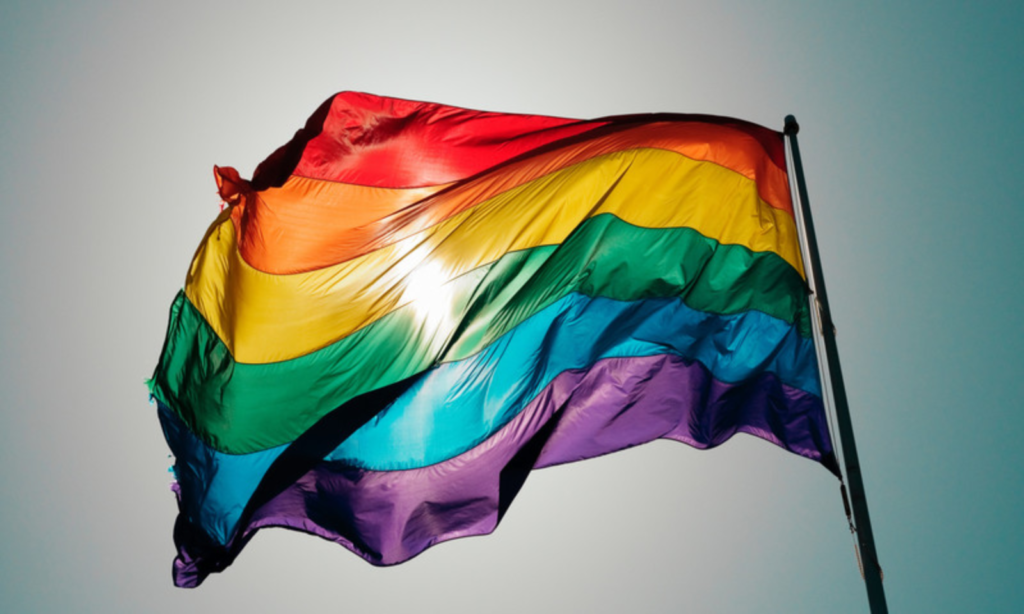Catholic Diocese Of Cleveland Implements Controversial LGBTQ+ Expression Policy”
The Catholic Diocese of Cleveland has recently implemented a new policy regarding LGBTQ+ expression within its parishes and schools. This policy has stirred controversy and raised concerns among various groups and individuals. In this article, we will provide an overview of the policy and its implications.
The Policy Details
The diocese’s new policy encompasses several key provisions:
1. Restrictions on LGBTQ+ Symbols

The policy prohibits the display of pride flags and rainbows within diocesan-run and parish schools. This restriction has garnered significant attention for its impact on LGBTQ+ visibility.
2. Exclusion of Same-Sex Couples
Same-sex couples are barred from attending school dances, a provision that has sparked debates about inclusivity and discrimination.
3. Guidelines for Staff and Participants
The policy lays out specific guidelines for staff, students, volunteers, and anyone participating in faith-related activities, including:
- Staff are required to notify parents if minors are experiencing “gender dysphoria.”
- Institutions will not permit the use of preferred pronouns that do not align with an individual’s sex assigned at birth.
- Dress code adherence to one’s gender assigned at birth is mandated, along with the avoidance of actions causing “confusion or scandal” regarding one’s gender.
- Advocacy or celebration of LGBTQ+ sexual orientation or identity is prohibited.
- Gender transitions are explicitly prohibited.
4. Distinctions Between Genders
The policy emphasizes “intentional, embodied distinctions between men and women” while advocating for the acceptance of individuals experiencing gender dysphoria. However, it also highlights potential restrictions and disciplinary actions for those openly expressing disagreement with church teachings on matters of sex, sexuality, and gender.
Reactions and Concerns
The policy has garnered diverse reactions:
LGBTQ+ Advocates
Many LGBTQ+ advocates, including Benjamin Huelskamp of LOVEBoldly, express concerns about the impact on LGBTQ+ students’ mental health, acceptance, and well-being. They argue that such policies can lead to higher rates of suicide attempts and ideation among queer youth.
LGBT Community Center of Greater Cleveland
The LGBT Community Center of Greater Cleveland voiced disappointment in the policy, characterizing it as harmful rhetoric toward the LGBTQ+ community. They argue that such policies foster a repressive culture and hinder the creation of an affirming community.
Mayor Justin Bibb
Cleveland Mayor Justin Bibb strongly condemned the policy, viewing it as a betrayal of church teachings and a threat to LGBTQ+ students, forcing them to hide their authentic selves.
Scope of the Policy
The policy applies to 84 diocesan-run and parish schools throughout Northeast Ohio, encompassing 79 elementary schools and five high schools. However, it is not binding on schools founded by specific orders or those governed by religious orders.
The Catholic Diocese of Cleveland’s new policy on LGBTQ+ expression has ignited a passionate and contentious debate. While it formalizes existing guidance and practice, it has raised significant concerns about inclusivity, discrimination, and the well-being of LGBTQ+ students. The policy’s impact on these issues will continue to be a subject of discussion and scrutiny.
Get The Latest Updates From The World Of Music, Movies, TV, Culture, And Fashion In Musical States Magazine. Please Follow Us On Facebook, Instagram, Twitter, And LinkedIn To Receive Instantaneous Updates



